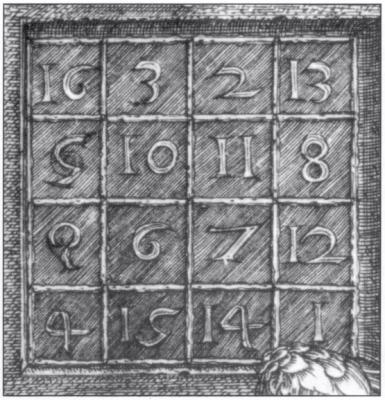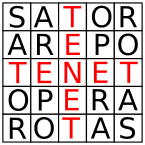... newer stories
Donnerstag, 27. August 2015
Quantenprozesse im Gehirn mit Kern-Spin
klauslange,14:55h
Ein wirklich sensationeller Durchbruch in der Frage, inwieweit im Gehirn auch Quantenprozesse eine Rolle spielen, konnte nun ein Forscher vorlegen!
Zum Artikel dazu Neural qubits: Quantum cognition based on synaptic nuclear spins
Zusammenfassung der Abhandlung:
The possibility that quantum processing with nuclear spins might be operative in the brain is proposed and then explored. Phosphorus is identified as the unique biological element with a nuclear spin that can serve as a qubit for such putative quantum processing - a neural qubit - while the phosphate ion is the only possible qubit-transporter. We identify the "Posner molecule", Ca9(PO4)6, as the unique molecule that can protect the neural qubits on very long times and thereby serve as a (working) quantum-memory. A central requirement for quantum-processing is quantum entanglement. It is argued that the enzyme catalyzed chemical reaction which breaks a pyrophosphate ion into two phosphate ions can quantum entangle pairs of qubits. Posner molecules, formed by binding such phosphate pairs with extracellular calcium ions, will inherit the nuclear spin entanglement. A mechanism for transporting Posner molecules into presynaptic neurons during a ``kiss and run" exocytosis, which releases neurotransmitters into the synaptic cleft, is proposed. Quantum measurements can occur when a pair of Posner molecules chemically bind and subsequently melt, releasing a shower of intra-cellular calcium ions that can trigger further neurotransmitter release and enhance the probability of post-synaptic neuron firing. Multiple entangled Posner molecules, triggering non-local quantum correlations of neuron firing rates, would provide the key mechanism for neural quantum processing. Implications, both in vitro and in vivo, are briefly mentioned.
Zum Artikel dazu Neural qubits: Quantum cognition based on synaptic nuclear spins
Zusammenfassung der Abhandlung:
The possibility that quantum processing with nuclear spins might be operative in the brain is proposed and then explored. Phosphorus is identified as the unique biological element with a nuclear spin that can serve as a qubit for such putative quantum processing - a neural qubit - while the phosphate ion is the only possible qubit-transporter. We identify the "Posner molecule", Ca9(PO4)6, as the unique molecule that can protect the neural qubits on very long times and thereby serve as a (working) quantum-memory. A central requirement for quantum-processing is quantum entanglement. It is argued that the enzyme catalyzed chemical reaction which breaks a pyrophosphate ion into two phosphate ions can quantum entangle pairs of qubits. Posner molecules, formed by binding such phosphate pairs with extracellular calcium ions, will inherit the nuclear spin entanglement. A mechanism for transporting Posner molecules into presynaptic neurons during a ``kiss and run" exocytosis, which releases neurotransmitters into the synaptic cleft, is proposed. Quantum measurements can occur when a pair of Posner molecules chemically bind and subsequently melt, releasing a shower of intra-cellular calcium ions that can trigger further neurotransmitter release and enhance the probability of post-synaptic neuron firing. Multiple entangled Posner molecules, triggering non-local quantum correlations of neuron firing rates, would provide the key mechanism for neural quantum processing. Implications, both in vitro and in vivo, are briefly mentioned.
... link (0 Kommentare) ... comment
... older stories

